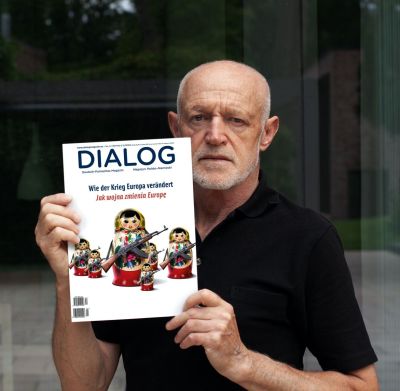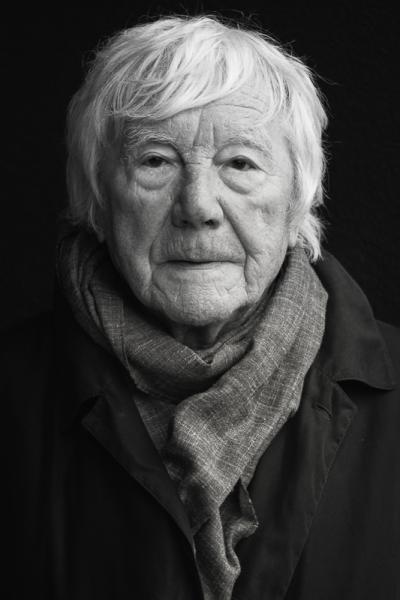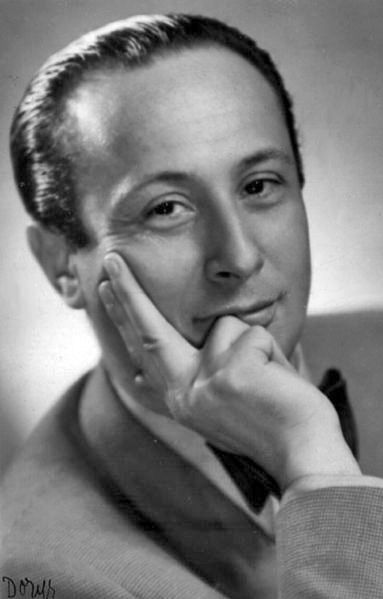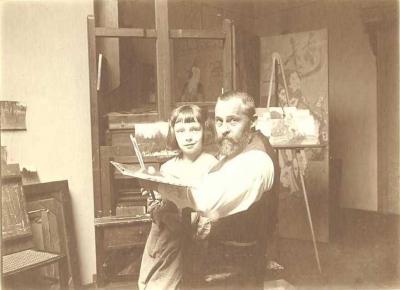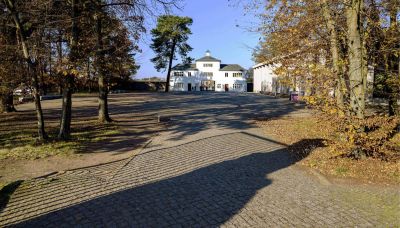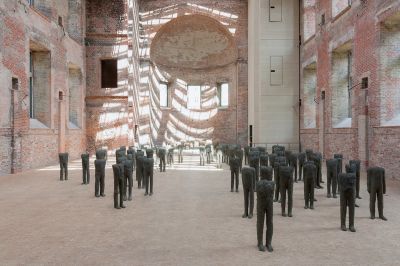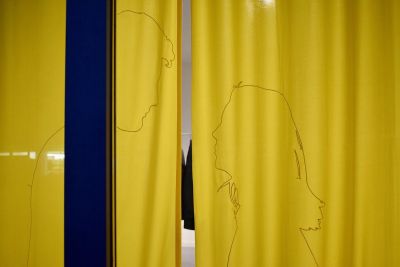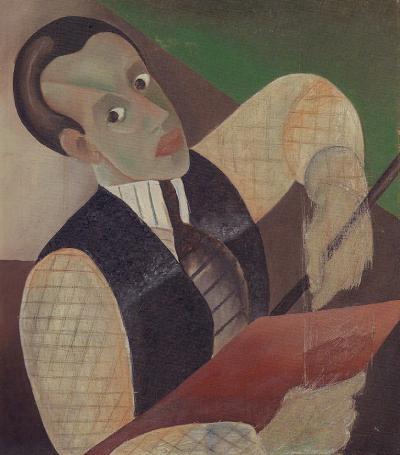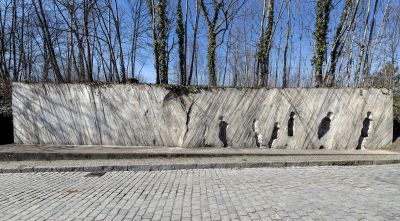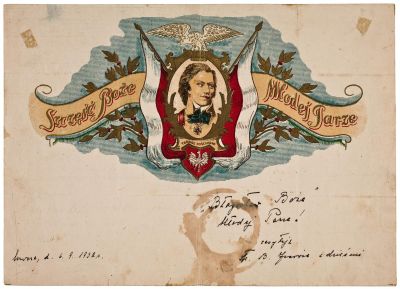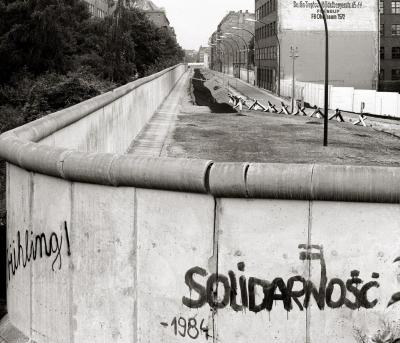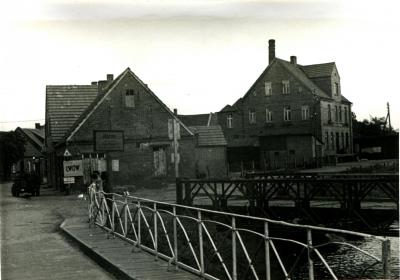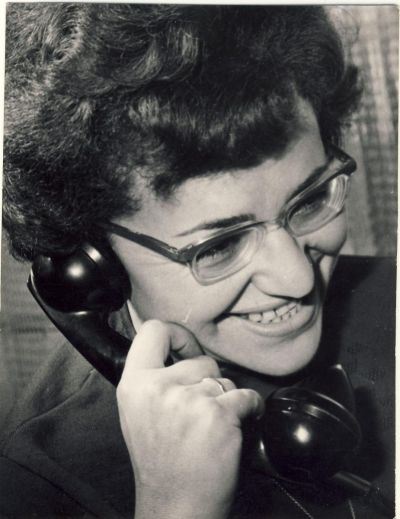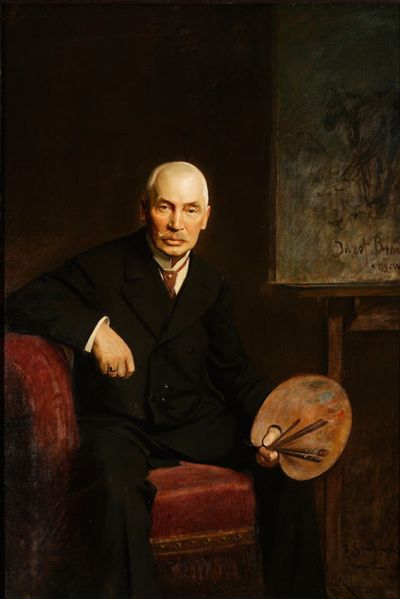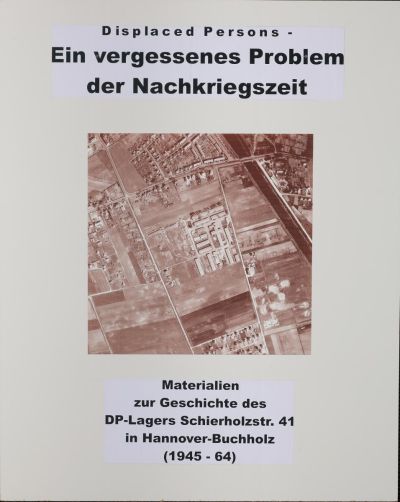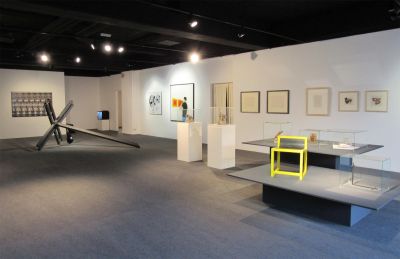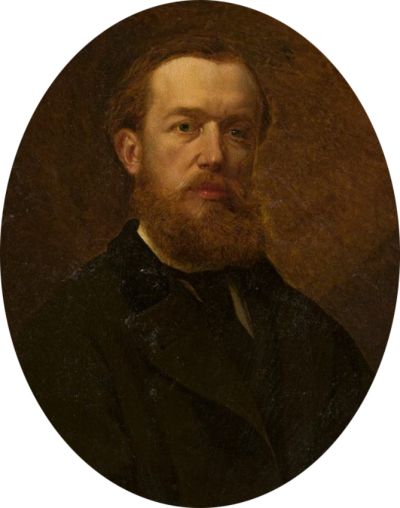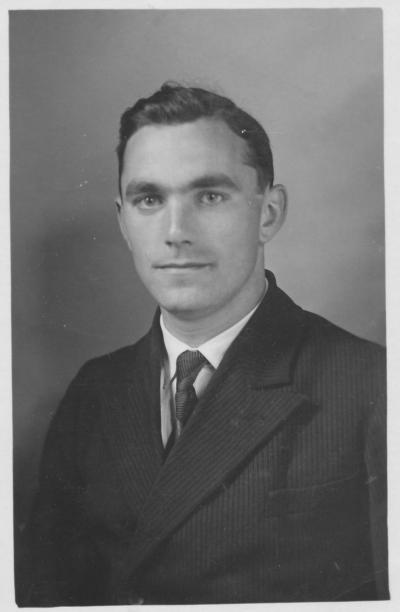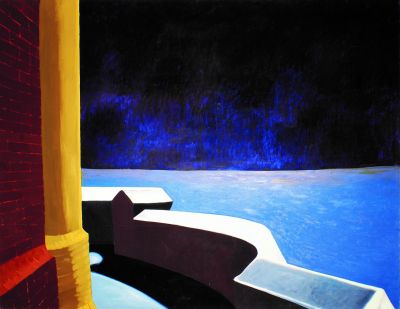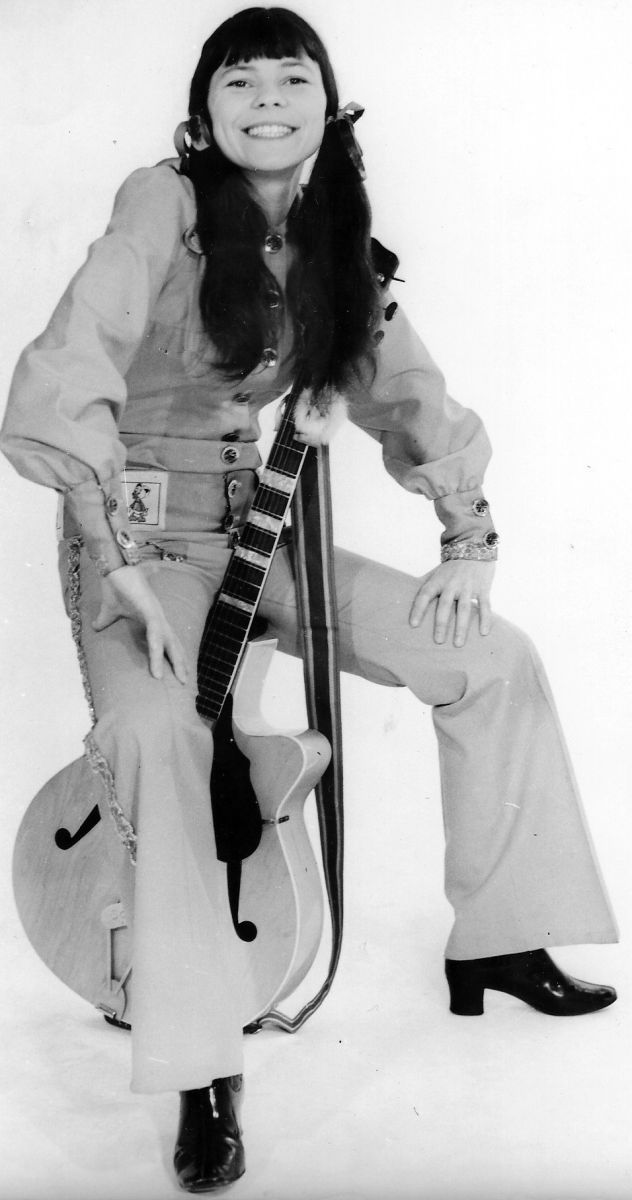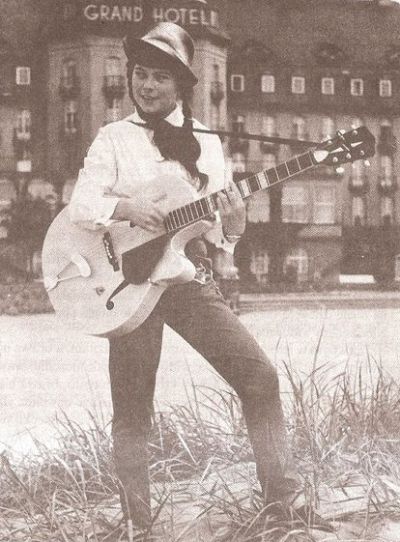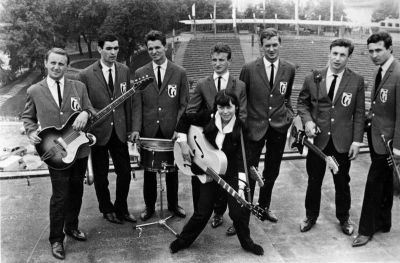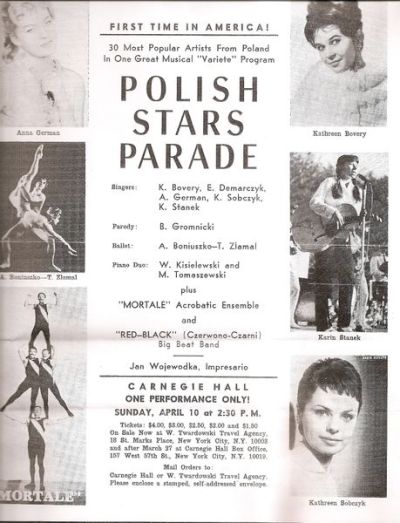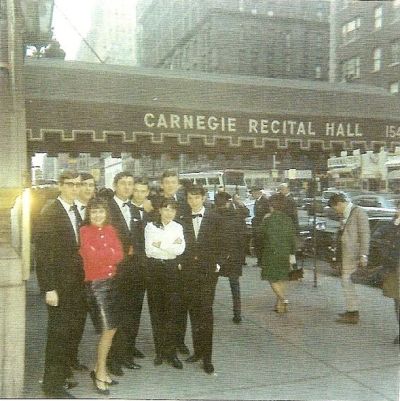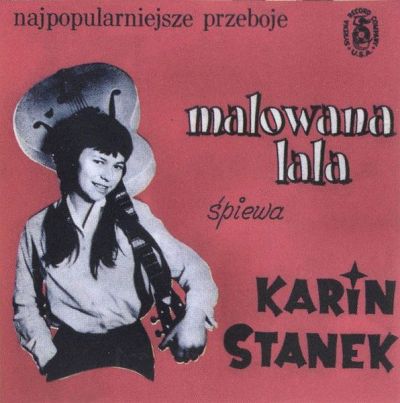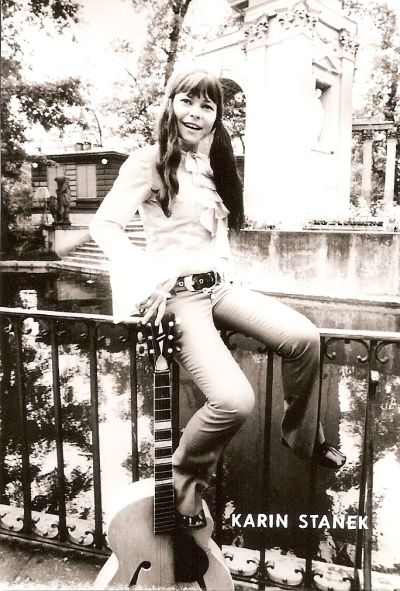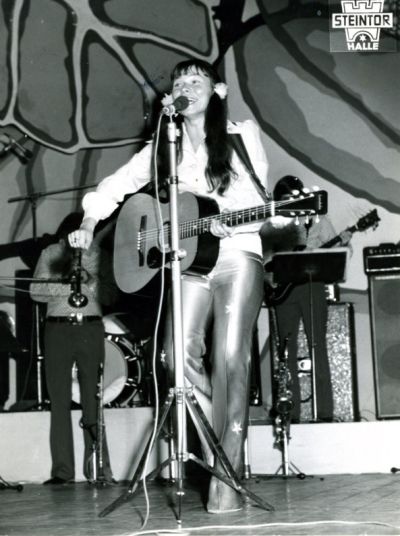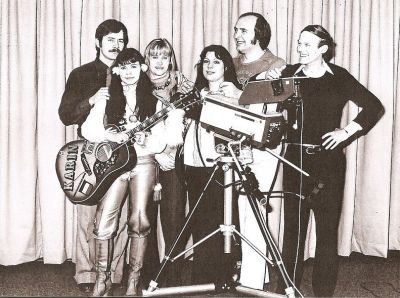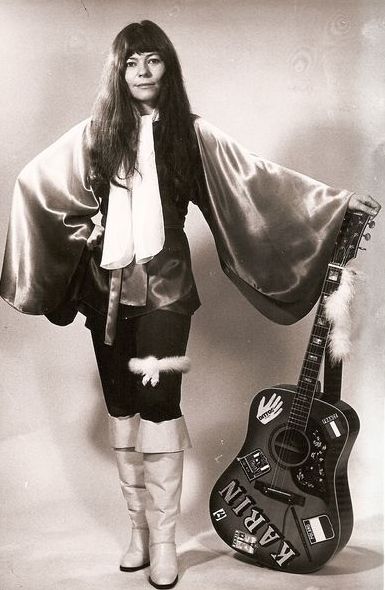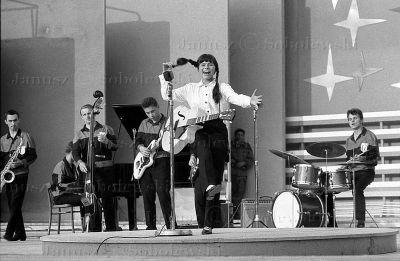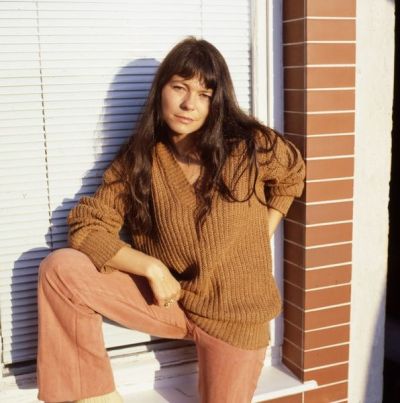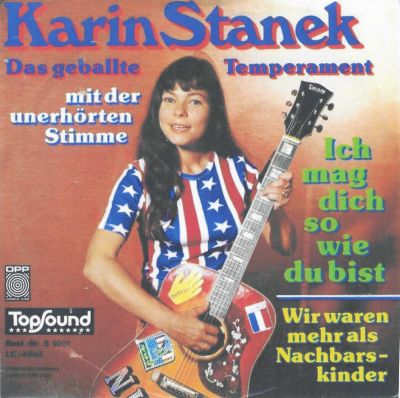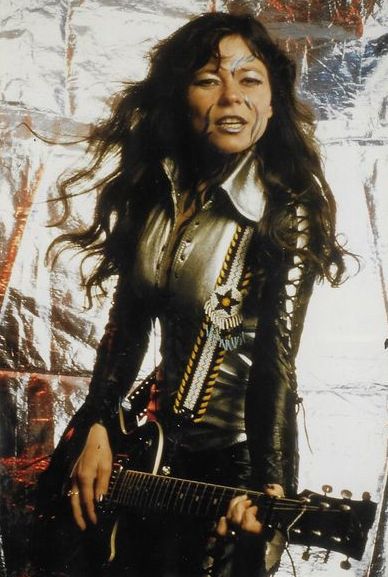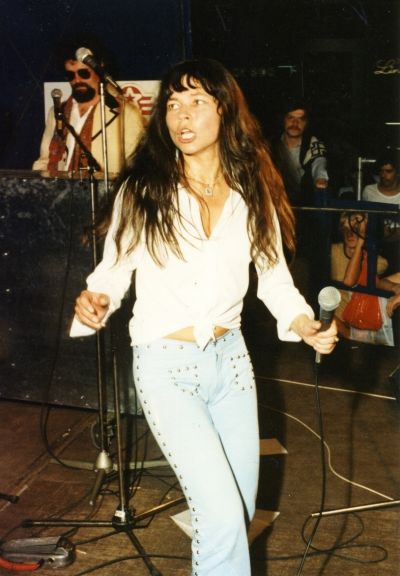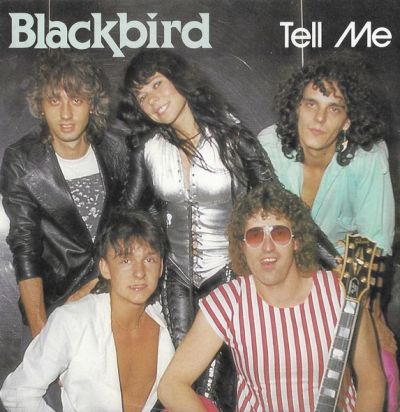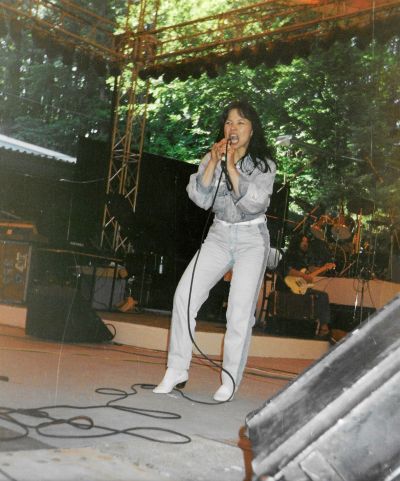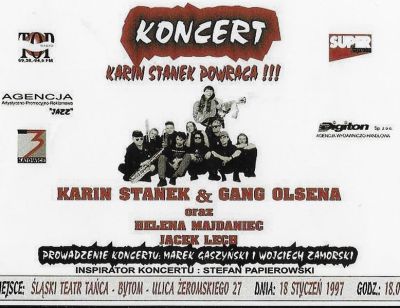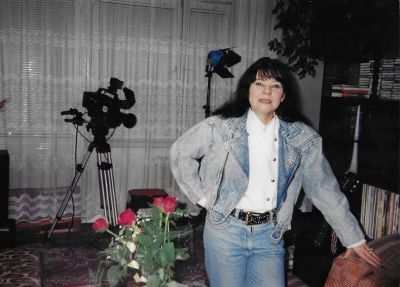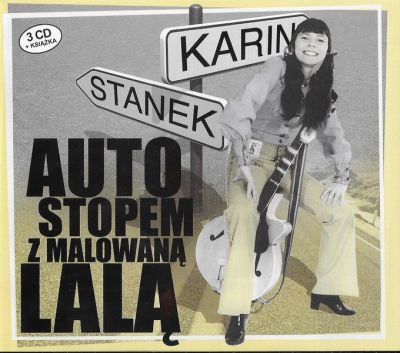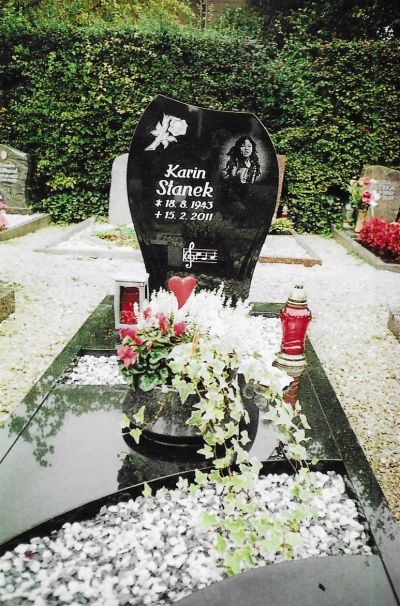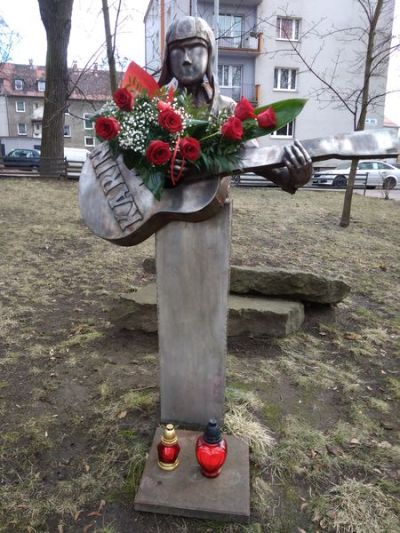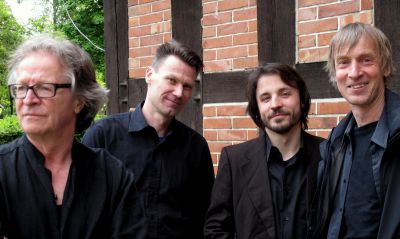Karin Stanek – The girl with the guitar
Mediathek Sorted

Czerwono-Czarni
A few days later, the postman delivered a contract to Karin for participation in the Czerwono-Czarni concerts for one month. It was signed by the Szczecin-based events organiser, Estrada Szczecińska. The monthly fee was set at 2,000 zloty – three times the amount that Karin had been earning up to that point. A contract extension was also planned. In March 1962, Karin arrived in Sopot with her suitcase. At this point in time, following her participation in the competition in Kraków, she was already an idol for Polish young people. Years later, the press would write that she was the first, and for a long time the only, young female singer in Poland to have her own, original style. The journey to Czerwono-Czarni in Sopot was the first that she had ever taken alone. She quickly developed a rapport with her experienced fellow musicians and took their advice seriously. She particularly took their words to heart when they told her to drop her Silesian accent. As she explained later: “My music colleagues helped me with the right pronunciation, and sometimes they suggested a change in interpretation. I no longer felt alone”.[2] However, many fans felt that it was her Silesian accent and the “r” that she was unable to pronounce for any length of time, as well as her unusual vivacity, which lent her performances a particular charm. At any rate, from that time on, Karin was so popular that the band’s concerts sold out quickly. The audience went wild and besieged their dressing rooms after shows. Her contract was extended. Karin was conscientious: she shared her fee with her mother and remained unpretentious, taking care not to waste her money. The tour with Czerwono-Czarni took her to Warsaw and from there to the Gdańsk, Poznań, Wrocław and Lublin voivodeships. As time went on, she increasingly became one of the main figures of Polish beat music.
At the crest of fame
In June 1962, Karin’s photo appeared on the front page of the magazine “Przekrój”. This was followed by numerous interviews and articles in all the major press outlets in Poland. The song “Jimmy Joe” became her biggest hit, while “Tutti frutti” was the one most played on the national state radio station Polskie Radio. By the time she took part in the Festival of Young Talent in Szczecin in 1962, she was already a star. The cheering audience took her down off the stage and carried her through the city to her hotel. She left the festival with an invitation to take part in the International Song Festival in Sopot. She was not only the youngest participant in the festival, which was being held for only the second time, but was also already its secret star. She sang “Malowana Iala” (literally: “The Painted Doll”) and afterwards basked in the never-ending applause. She failed to win a prize, however. The self-made star of Big Beat had to make do with an honorary certificate and an invitation to take part in the concert by the musicians who won the prize. Around that time, Karin also appeared on TV for the first time. After the festival, the press wrote: “The sex beast travels to Helsinki”.
Karin Stanek really had been invited to Helsinki, to attend the World Festival of Youth and Students. She took part in a preparatory camp, but in the end, she was never allowed to make the journey. When the letter from the state artists’ agency Pagart arrived, she had already been given a passport, but was told that she would not be part of the group permitted to travel to Helsinki. Shortly afterwards, after one of the rehearsals, she was sought out by an unknown man from the state security service who requested that she hand over her passport without telling her why she wasn't allowed to travel to the festival. At this time, she did not yet know that in future, she would have to face more rejections for applications to travel abroad. The reason may have been Karin’s grandmother and sister, who were both already living in West Germany. In addition, those family members who had remained in Bytom had applied for permission to leave Poland due to their German origins. We can only speculate as to whether Karin Stanek’s exclusion from the festival may have been due to her German origins, which did not fit into the official narrative at the time, or whether she might have been considered a “bad role model” due to her lack of musical education.
At the end of 1962, Karin Stanek received a further offer to travel abroad. The well-known US impresario, Jan Wojewódka, invited her to join a concert tour in the United States. The journey had already been arranged when she again received a negative response from Pagart. Slowly, she began to get used to such refusals, as well as to her failure to win prizes at festivals – and not least, to her constantly growing popularity.
At the first Festival of Polish Song (Krajowy Festiwal Piosenki Polskiej) in Opole, which was held in 1963, she had more luck. There, she performed two songs that had been written especially for her. They included “Chłopiec z gitarą” (“The boy with the guitar”), a song that suited her perfectly. The audience went wild, and she won the jury award. That same year, “Fire Cracker Karin” (“atomowa Kaśka”), as she now came to be known, attended the festival in Sopot as a member of the audience. There, she was noticed by the director of the famous Paris Music Hall Olympia, Bruno Cocquatrix, but once again, she was denied permission to travel by the authorities. While others were allowed to make the journey to Paris, Karin toured Polish towns and cities and took part in the second festival in Opole. There, she played her next hits, including “Jedziemy autostopem” (“We hitch a ride”), “Karolinka” and “Motor i ja” (“Me and my motorbike”). “Jedziemy autostopem” won a special prize, and Karin was finally presented with an award.
Tours in the “sister states”
After her performances in Sopot and Opole, Pagart sent Karin on tour, albeit only to neighbouring socialist countries. The GDR tour was a success. The young East Germans went crazy over Karin’s dynamic songs. In her concerts, she played her big hits, alongside songs in English, such as Brenda Lee’s “Dynamite”.
She later recalled: “I appeared in a lot of TV programmes, including in Rostock, Magdeburg, Leipzig, Berlin, Suhl and Dresden. In the programmes, I usually sang Polish songs, but with a German text. Sometimes the Germans sent me a tape with the text of their song. I’d learn it by heart and then travel to the TV station”.[3]
In 1965, Karin Stanek took part in her only festival abroad. It was the fourth International Pop Festival for the Baltic Sea countries in Rostock, in the GDR. There, she was one of the three prizewinners. One year earlier, in 1964, she had completed a successful tour through Czechoslovakia.
As she later told her biographer and manager Anna Kryszkiewicz: “I enjoyed performing to Czech audiences, since they responded spontaneously and very actively to my requests that we have fun together. To give my fans there a nice surprise, for the second tour, I prepared ‘Jedziemy autostopem’ with a text in Czech. Of course, the applause came as soon as they heard the first words in their own language”.[4]
In 1968, she joined Czerwono-Czarni on a concert tour through the USSR. The Russian audiences particularly loved the song “Walentyna twist”.
[2] Anna Kryszkiewicz: Karin Stanek..., p. 47.
[3] Anna Kryszkiewicz: Karin Stanek..., p. 115.
[4] Anna Kryszkiewicz: Karin Stanek..., p. 128.




